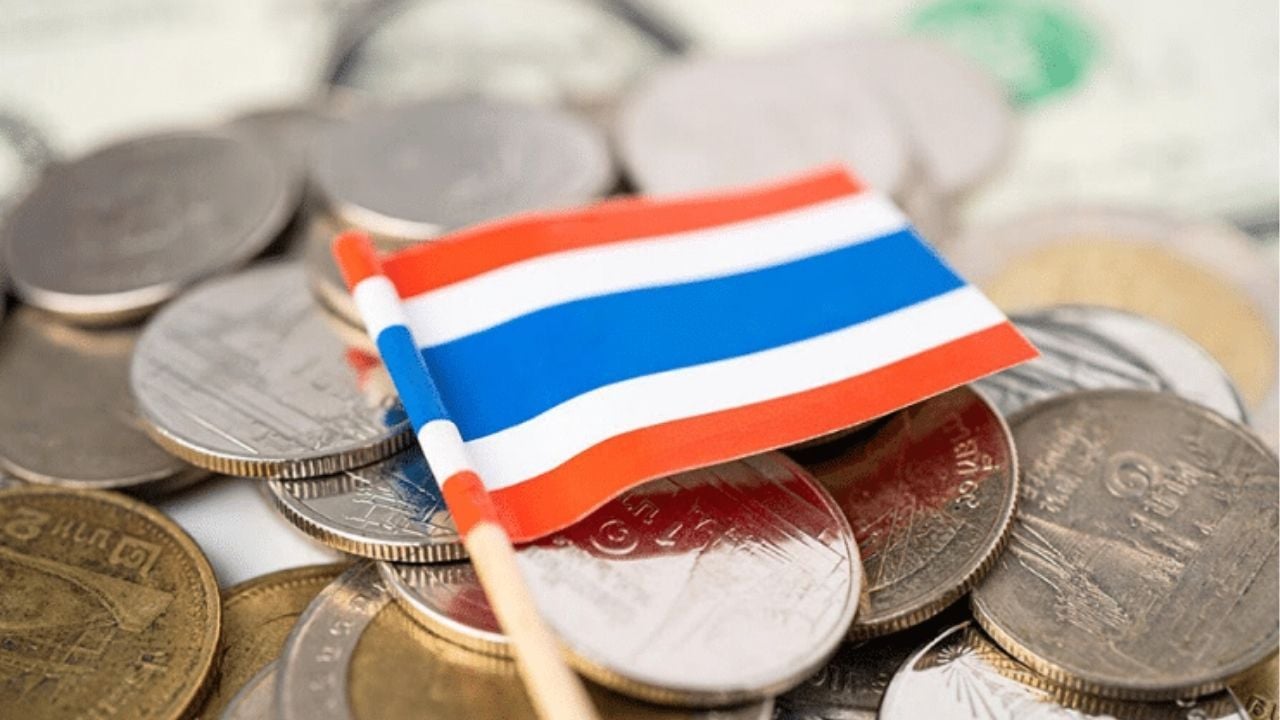New Thai tax plan could cost expats their perks
Policy aims to help low-income Thais, but foreigners could face higher costs and more paperwork

Thailand is preparing to flip its tax system on its head, and expats could soon be caught in the crossfire.
By 2027, the government plans to roll out a negative income tax, a major shift in how financial aid is delivered. Instead of handing out subsidies to broad social groups, the new system will offer direct payments to those who earn below a set income threshold, but only if they file a tax return.
“All residents, including foreigners who live in Thailand more than 180 days a year, will be required to submit annual tax forms,” the Finance Ministry said.
Failing to file will disqualify residents from receiving government assistance, regardless of their income level.
The plan is aimed at reducing inequality, replacing the current generalised welfare model with targeted financial support. However, the policy has left many foreign residents uncertain about what it means for them.
Will expats be taxed like Thai citizens? Could they qualify for the same benefits if they earn below the threshold? Or will they shoulder the tax burden without gaining access to state welfare?
Currently, the government has not confirmed whether non-citizens will be eligible for any subsidies. This grey area is confusing, especially for long-term foreign residents who already file taxes and contribute to the economy.

To support the rollout, the Ministry of Finance is building a national data lake, a massive digital database integrating financial and health records from agencies like the Ministry of Public Health. The goal is to deliver personalised welfare support, identify low-income earners more accurately, and reduce fraud.
But critics warn that verifying income for people in the informal economy will be difficult. Some fear that earnings might be underreported to qualify for benefits, potentially leading to abuse.
Roughly 600,000 businesses will also be impacted, as the new system introduces changes to corporate taxation and compliance procedures, reported Travel and Tour World.

For now, the government’s intentions are clear: support those who need it most, modernise welfare, and close loopholes. But the fine print remains blurry, especially for foreigners.
Until the rules are finalised, Thailand’s expat community will be watching closely and filing carefully.
Latest Thailand News
Follow The Thaiger on Google News:


























